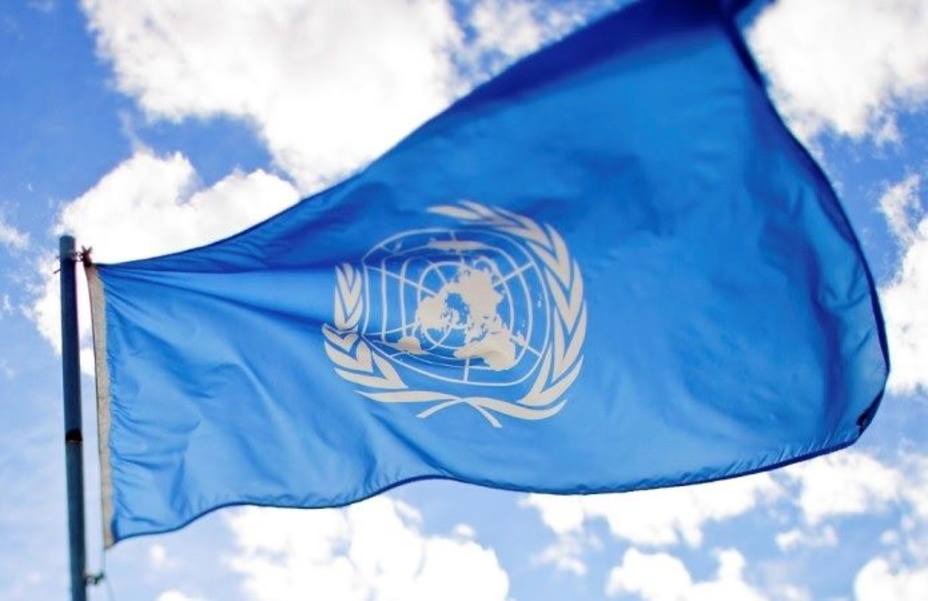UN Security Council debates Venezuela for the first time: what to expect?

The UN Security Council discussed for the first time on Thursday the situation in Venezuela following the controversial elections on July 28, but the session was merely informative and no resolution is in sight at the moment.
The session, held behind closed doors, was requested by Ecuador, the only Latin American member of the Council, and consisted of the reading of a report by the General Secretariat and a subsequent debate among the members in which some differences came to lightas later acknowledged by the Ecuadorian ambassador, José Javier De la Gasca.
De la Gasca said that he brought the case of Venezuela to the Council so that it “fulfills its role of conflict prevention,” after the controversy over the legitimacy of the elections resulted in “the repression of the Venezuelan people who demand that their will expressed at the polls be respected,” and recalled in this regard the arrest warrants against Edmundo González and other opposition leaders.
According to some sources, Russia and China today defended the legitimacy of Nicolás Maduro’s re-election – both countries have already congratulated him on his victory – in contrast to the attitude of other members.
“They have their positions,” said De la Gasca, “but we are concerned about regional stability,” he said, after acknowledging these “natural divisions” between the members.
On the possibility of holding an open debate on the situation in Venezuela and that the case might even merit a resolution by the Council, the ambassador did not confirm this, but insisted that “it is necessary for the Council to follow the evolution of the situation in Venezuela given the implications for regional stability and internal peace.”
On August 22, the Supreme Court endorsed the result of the National Electoral Council (CNE) that declared President Nicolás Maduro the winner, a victory that the opposition led by González Urrutia and María Corina Machado refuse to recognize and that many Latin American countries have also questioned.
Foreign Minister Gil calls it shameless that Noboa asks the UN to evaluate the Venezuelan situation despite the disaster in Ecuador
“He is the one who should be brought before the UN Security Council” https://t.co/JUnsWBgZ4c via @VNVenezuelanews pic.twitter.com/P300VZWO5r
— Hugo Leal (@ergarcia141) September 5, 2024
Independent journalism needs the support of its readers to continue and ensure that uncomfortable news that they don’t want you to read remains within your reach. Today, with your support, we will continue working hard for censorship-free journalism!
